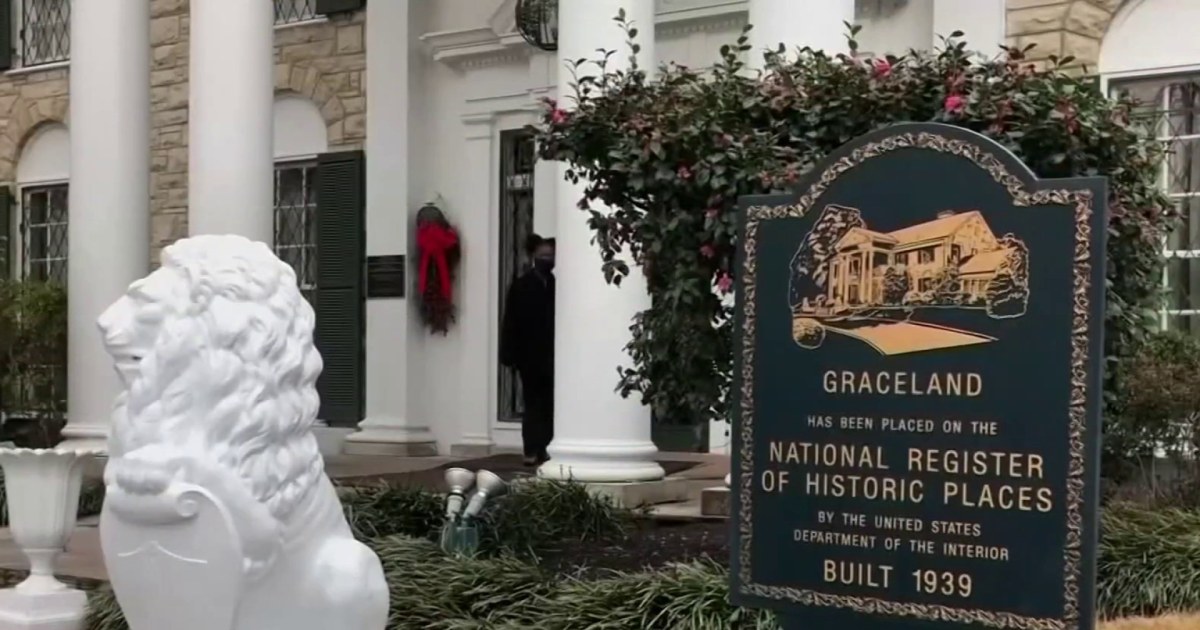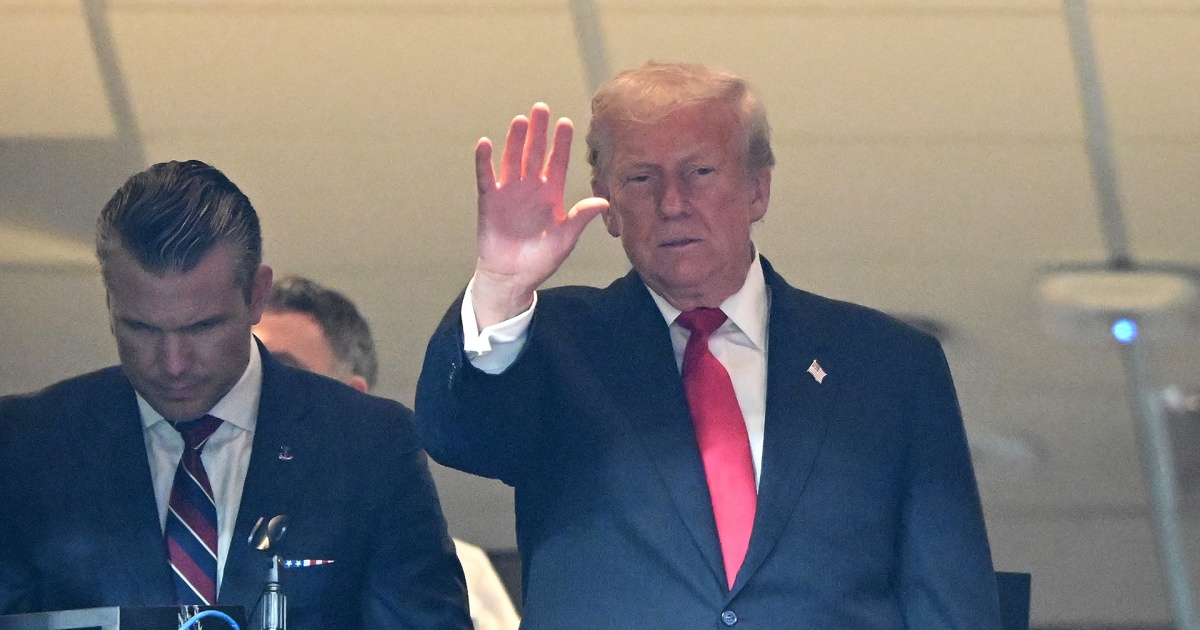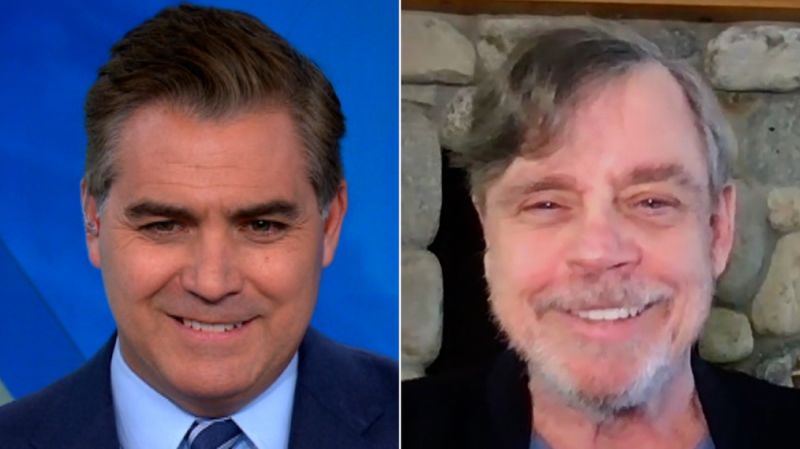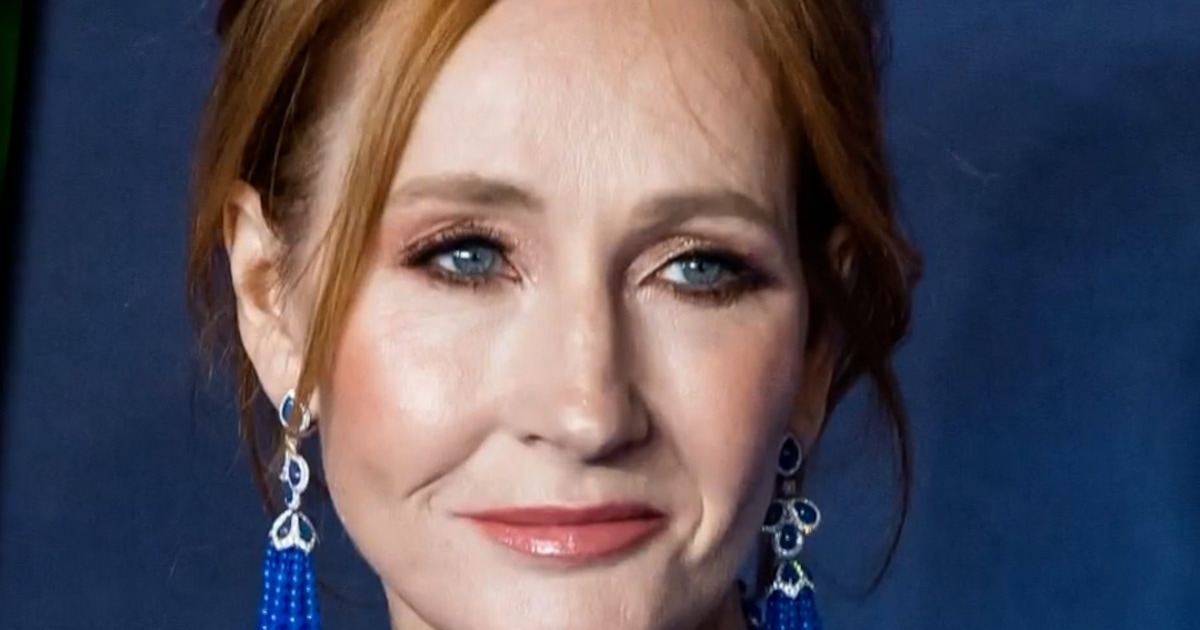Lisa Jeanine Findley, a Missouri woman who attempted to steal Graceland from the family of Elvis Presley, was sentenced to more than four years in prison. NBC News’ Priscilla Thompson reports on details of the case.
Source link
Woman in Graceland fraud scheme sentenced to nearly five years in prison




